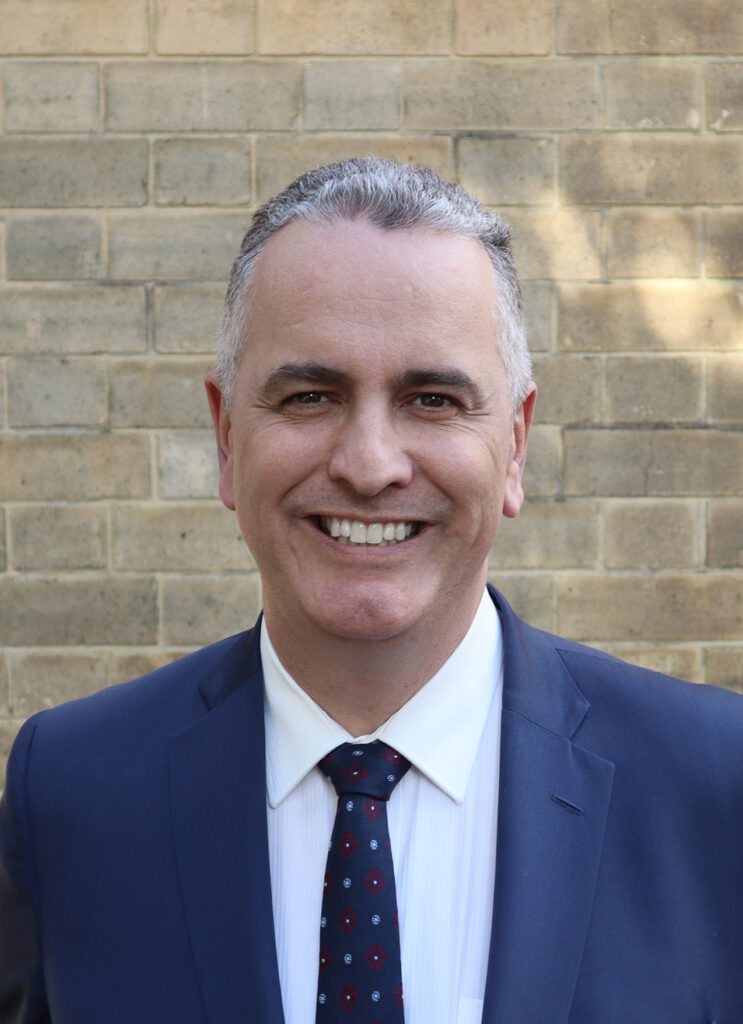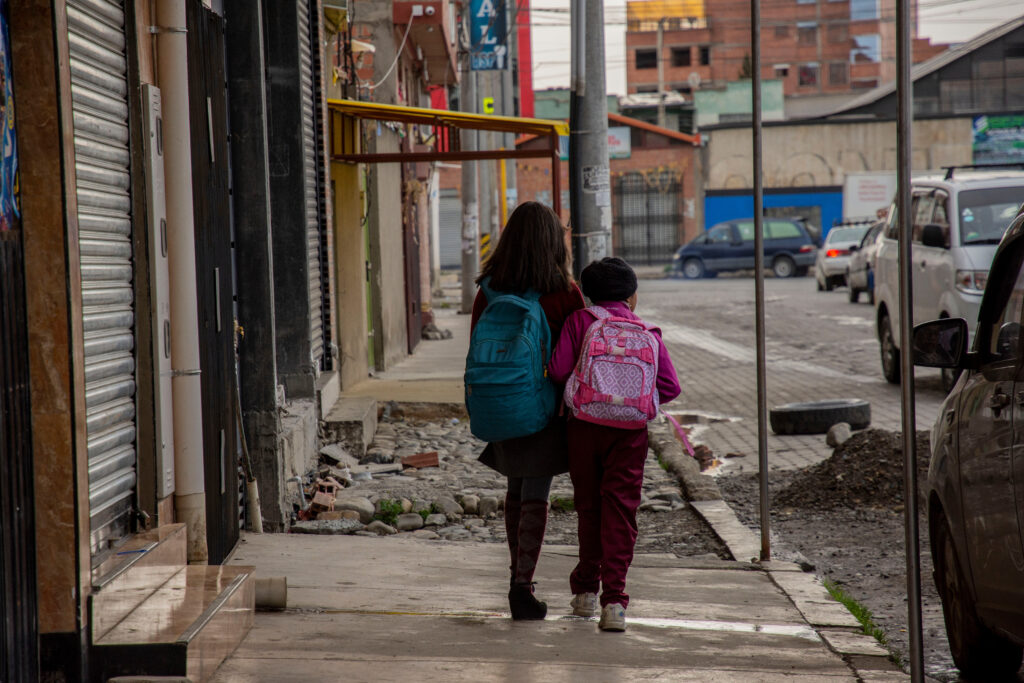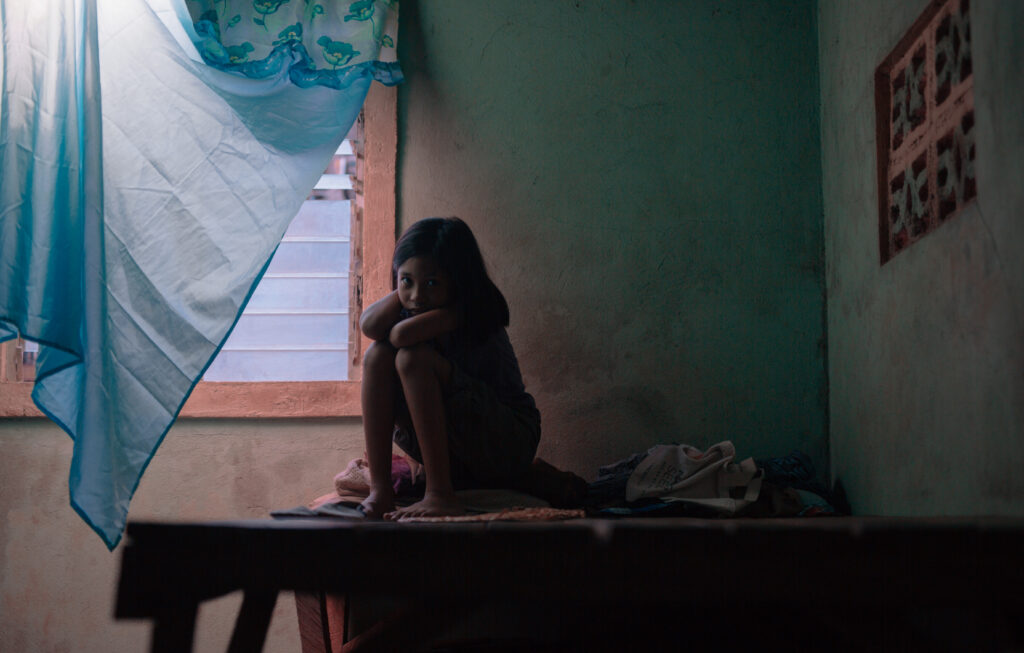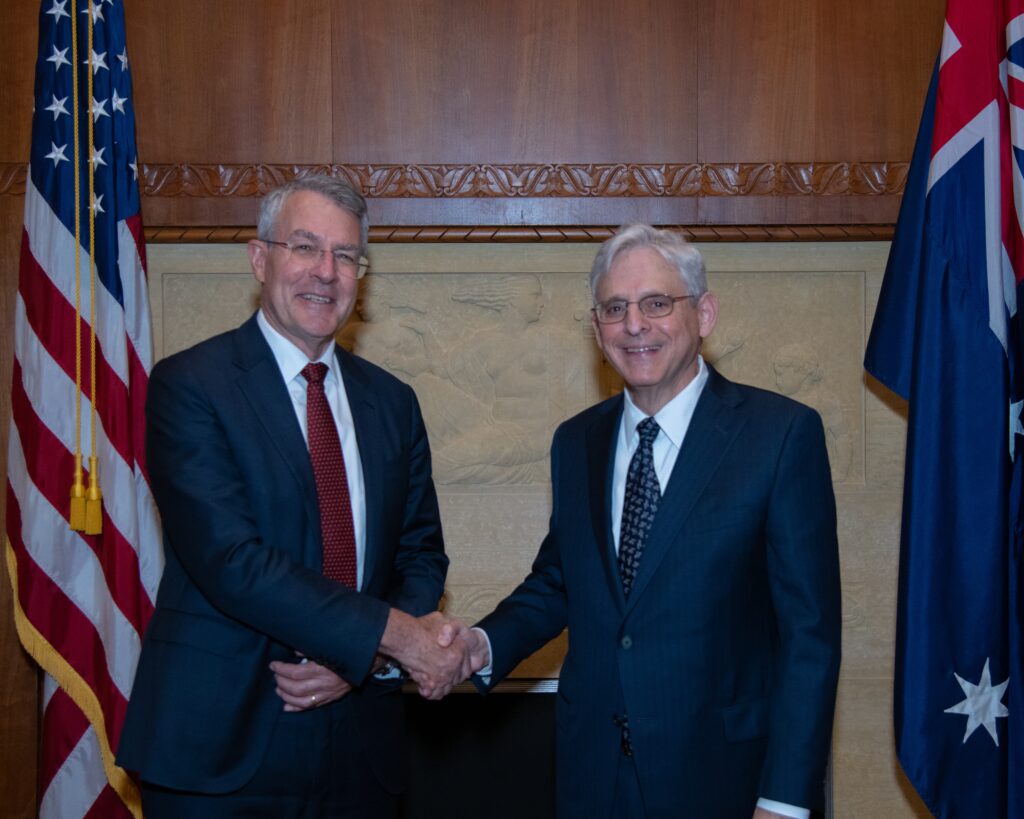Asia-Pacific
Online sexual exploitation of children trafficker arrested in April, sentenced in July
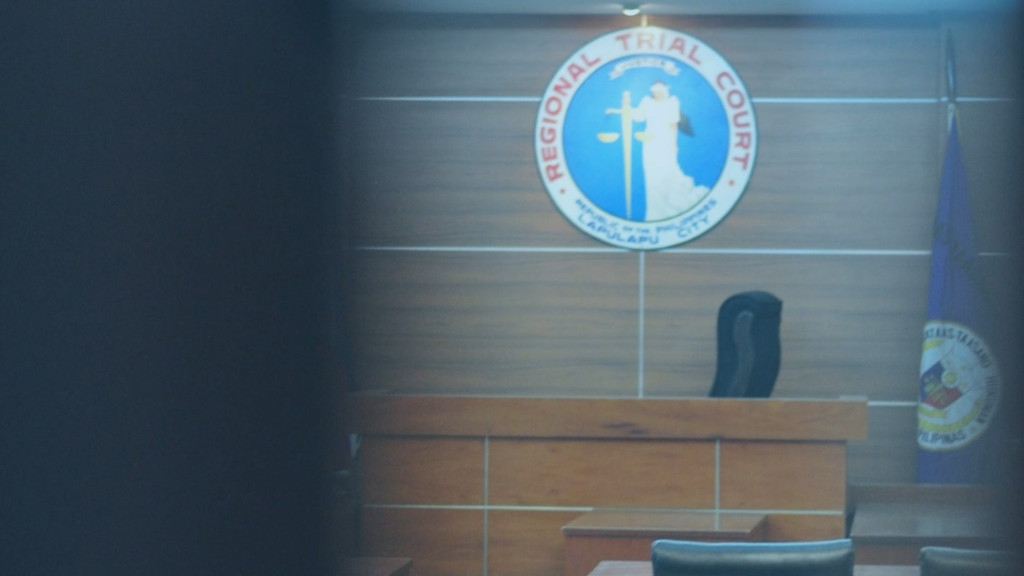
LAPU-LAPU CITY – On 29 July 2020, a 25-year-old female online sexual exploitation of children (OSEC) trafficker was sentenced to a total of 17 years and six months in prison after pleading guilty to attempted trafficking, possession of child sexual exploitation materials (CSEM), and child abuse.
In a decision rendered through video conferencing, the judge also ordered Jade* (real name withheld to protect her victim’s identity) to pay P600,000 in fines (A$17,000), P500,000 ($14,000) in moral damages, and P100,000 (A$2,850) in exemplary damages.
The sentence comes just less than four months after the trafficker’s arrest, thanks to a plea bargain and the commitment of Philippine courts to continue trials by video link despite coronavirus restrictions.
Case history: crime, arrest and rescue
Jade had abused her female cousin from 2016 to 2018, from the time the girl was 11 until she was 13. The minor was rescued on 31 July 2019, following a case referral from the US Federal Bureau of Investigation (FBI) to the Philippine Internet Crimes Against Children Center (PICACC).
The FBI, who forwarded the referral in March 2019, was then investigating Alan Dennis Wolff, a U.S. based child sex offender, who paid and directed Jade to abuse her underage cousin in order to produce new CSEM to send to Wolff online. In exchange for payments from Wolff, Jade also livestreamed the sexual abuse of her cousin to him.
Wolff pleaded guilty to two counts of sexual exploitation of children before a court in Minneapolis, Minnesota in December 2019.
Following the rescue of the survivor, Philippines police filed a complaint against Jade for sexually abusing her underage female cousin and livestreaming the abuse for a paying online child sex offender, in a case of OSEC. On 26 February 2020, an arrest warrant was issued.
Jade was arrested in Lapu-Lapu City on 6 April this year by members of the PNP Women and Children Protection Center – Visayas Field Unit (WCPC-VFU), while lockdown was in effect. Considered children at risk, Jade’s three children, all under the age of 7, were brought to the custody of social services.
“[The] arrest of Jade and rescue of her children-at-risk in the midst of the lockdown is a testament to its relentless commitment to hold traffickers accountable and create a safe place for children, overcoming the limitations brought by the pandemic,” said Atty. Lucille Dejito, IJM Cebu Field Office Director.
“Hope is the one thing that, most of the time, keeps us going. This conviction is definitely a ray of hope in this time of pandemic,” said Public Prosecutor Antonio Aseniero.
Under plea agreements, the accused pleads guilty not to the original charges but to other similar offences, usually before a court trial starts. This protects child victims from the possibility of having to testify against perpetrators who are often family members or neighbours – a process that may cause re-traumatisation. Plea agreements are one of the promising prosecution practices noted in the IJM-led study, “Online Sexual Exploitation of Children in the Philippines: Analysis and Recommendations for Governments, Industry and Civil Society.”
So far in IJM-supported cases, 90 individuals have been convicted in the Philippines for OSEC since 2011. IJM has supported Philippine law enforcement agencies in operations leading to the arrest of 256 perpetrators and the rescue of 669 victims and children-at-risk across the country.
Note on terminology:
The Terminology Guidelines for the Protection of Children from Sexual Exploitation and Sexual Abuse , also known as the Luxembourg Guidelines, prescribes the use of the term “child sexual abuse material” or “child sexual exploitation material” instead of “child pornography.” Sexualised material that depicts or otherwise represents children is a representation, and a form, of child sexual abuse and should not be described as “pornography.”
Learn more about online sexual exploitation of children here.

